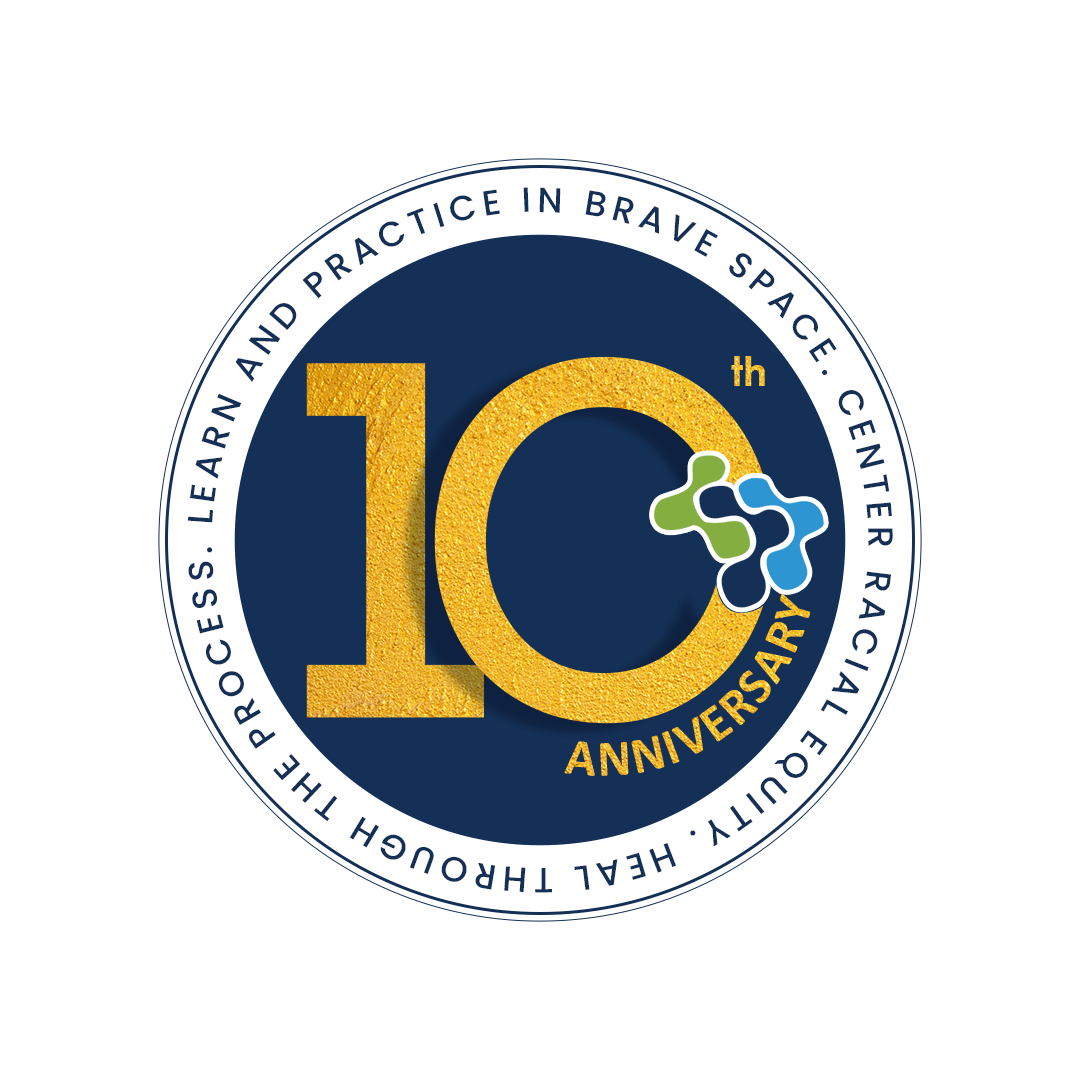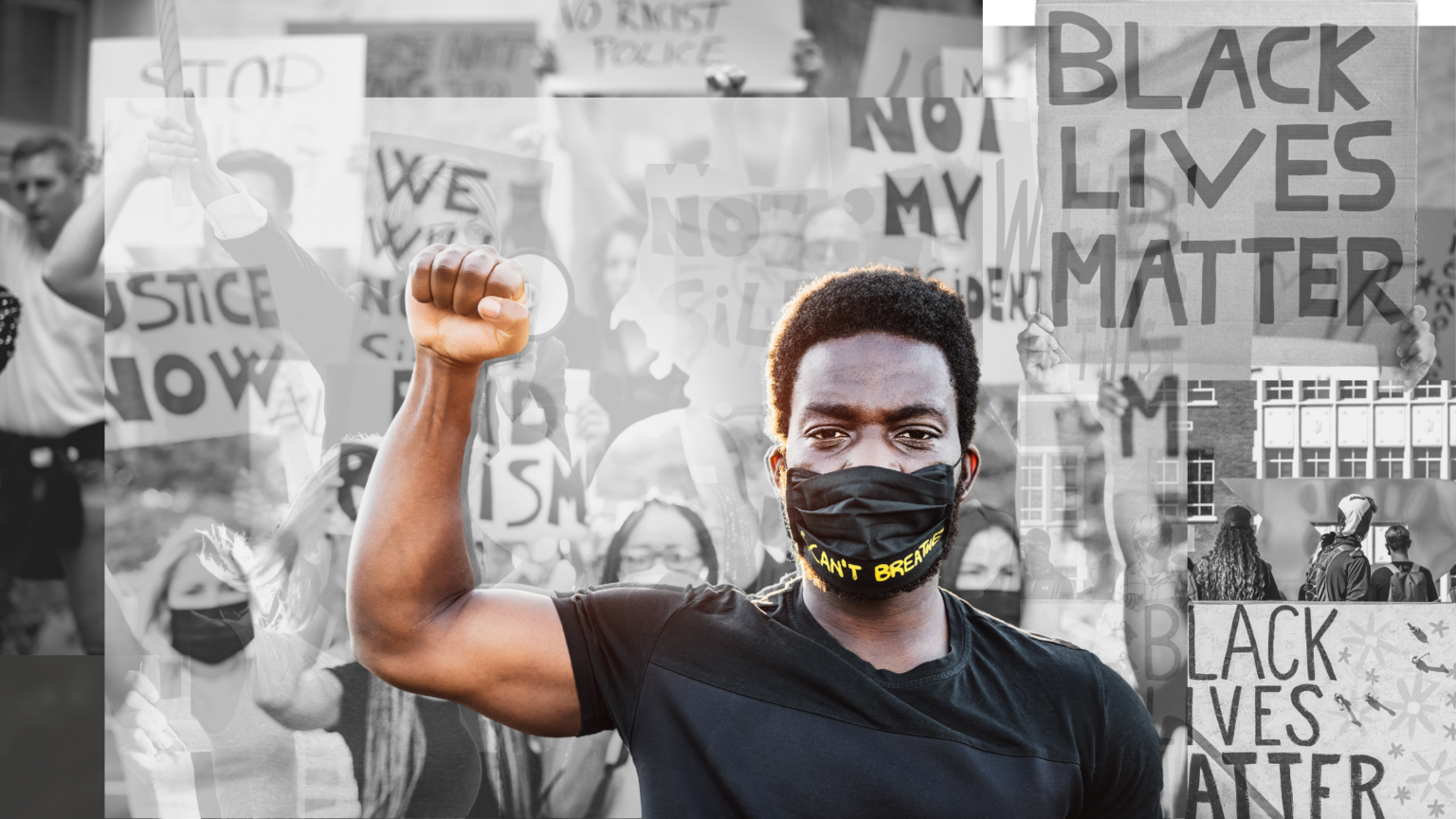2020 was a year of breathtaking loss. From George Floyd to Rayshard Brooks, to the millions of people who lost their lives, financial security, loved ones, and more to COVID-19 and other natural disasters.
We, as a global collective, are grieving–and it is only by coming together as a global collective that we can begin to heal. By establishing communal care and ritual spaces, communities can find meaning in this year’s needless losses and begin to move forward with a renewed sense of well-being thanks to the integrative power of community and ritual.
What Does Grief Look Like?
No one’s grief is like anyone else’s–but that doesn’t mean it can’t be shared. Whether you experienced the death of a loved one, a divorce, job loss, or the destruction of your home in a natural disaster, grief is a natural reaction to loss
It was Elizabeth Kübler-Ross who originally coined the five stages of grief that every person goes through after experiencing loss:
- Denial
- Anger
- Bargaining
- Depression
- Acceptance
While everyone experiences these stages in different ways, everybody does go through these emotions when grieving.
However, it wasn’t until after Kübler-Ross’s death that her protege, David Kessler, added a sixth stage to the grieving process: finding meaning. Clinical research has shown that if a grieving individual works to find meaning after a loss, they’re better able to regain a sense of well-being.
It’s important to note that finding meaning in loss doesn’t look the same for everyone–it can come in any number of forms, such as:
- Feeling gratitude for the experiences they had before the loss
- Honoring the memory of a now-dead loved one
- Taking on a new perspective to value life
- Making a contribution that can honor the loss
Finding meaning is especially powerful when conducted as a community within a dedicated space for ritual practice.
How Can Communal Care & Ritual Space Help Me Find Meaning in Loss?
Feelings of loss can lead to a variety of personal changes in a person. One of these that’s especially powerful is the deepening of connections with the community around you. Time and time again, isolated healing has been shown to lead to further emotional vulnerability. The best way to support our mental and emotional health after a loss is through communal care and the implementation of ritual spaces for finding meaning.
Communal care is based on the idea that an individual’s well-being is deeply intertwined with the well-being of your community, and ritual spaces create a dedicated place for a community to come together and heal.
Rituals are repeated patterns of behavior that are performed at specific times and can include unique symbols, rites, or actions. By participating in these actions, people are better able to cope with life’s uncertainties, as ritual can provide ways for expression, stability, and an integrative force for community.
Grief can feel neverending. But it is by coming together as a community and employing ritual spaces that an individual can find meaning in loss.


